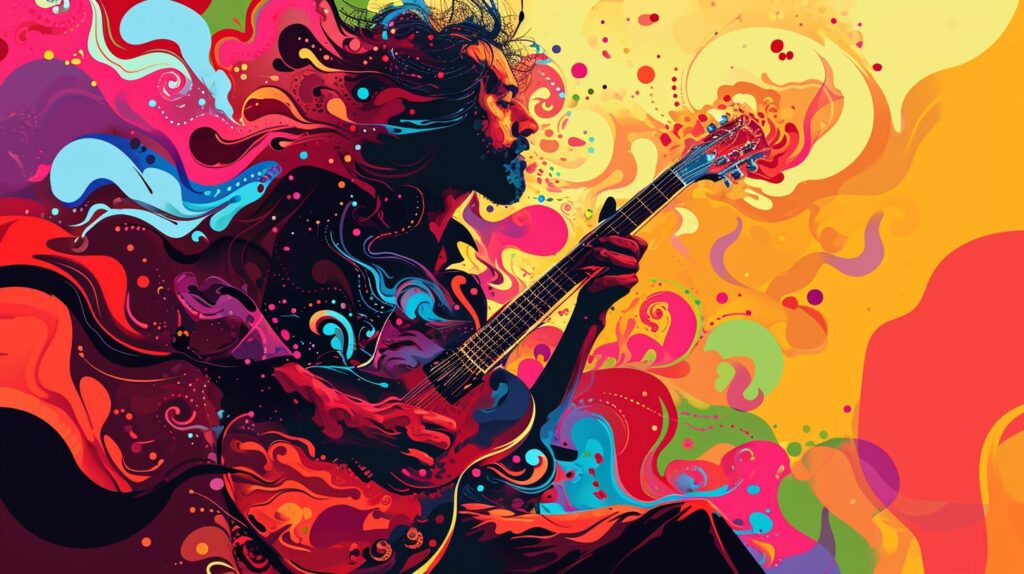The concept of addiction often conjures images of substances or behaviors that commandeer our lives with their intense, sometimes destructive pull. But what about music? Yes, music – that harmonious array of sounds that has been the backdrop of human existence for millennia. “Can you be addicted to music?” you might ask.
Well, our editor Chris could tell you a thing or two about that. His day isn’t complete without a dose of the Grateful Dead and Jerry Garcia.
The Nuanced Relationship Between Music and Addiction
In a literal sense, music does not cause addiction like substances such as methamphetamine or heroin do. However, the relationship it shares with our emotions and experiences can be quite complex and, in some ways, akin to addictive behavior.
Music and Substance Use: A Potent Mix
Consider how music can enhance other experiences, including those involving substance use. For many, the right tune can make certain substances feel even more potent. Think about how a particular melody can seem so much richer and more profound when under the influence of cannabis, for example.
This synergy can create a loop where the music makes the high better, and the high makes the music more enjoyable, potentially leading to increased substance use.
Music as a Mood Modifier
Music’s power to elevate mood is undeniable. It’s a form of escape, a way to uplift spirits, or even a tool for processing complex emotions. For some individuals, this reliance on music for emotional uplift can become so strong that its absence leaves them feeling down or incomplete.
This dependency, while not a ‘true’ addiction in the clinical sense, shares similarities with addictive behaviors – the relentless pursuit of a mood-altering experience.
The Cultural Phenomenon: The “Wooks”
The cultural aspects of music and its immersive experiences cannot be ignored. Take, for instance, the ‘Wooks’ – a term often humorously used to describe die-hard, drug-using fans of jam bands and electronic music who follow the artists religiously.
Their dedication, often characterized by a lifestyle revolving around music festivals and concerts, could be seen as a form of ‘addiction’ to the music and the communal experience it fosters.
The Bottom Line: An Unconventional Addiction
So, is music addiction a real thing? In the traditional sense of physical dependency and withdrawal, perhaps not. But when you look at how music intertwines with our lives – how it enhances other experiences, becomes a tool for emotional regulation, and forms the centerpiece of entire lifestyles – it’s clear that music holds a unique and powerful place in the human experience. It may not be an addiction like those to substances, but its influence is profound and, for many, an essential part of life.
As you plug in your headphones or turn up your speakers, remember this: music is a journey, one that can be incredibly enriching, sometimes to the point of feeling indispensable.
While it’s not ‘addiction’ in the conventional sense, its impact is undeniable, shaping moods, experiences, and cultures in ways few other things can.
Editor’s Note: Chris is currently nodding along to a Grateful Dead jam as he approves this post. Some habits are just hard to break!
